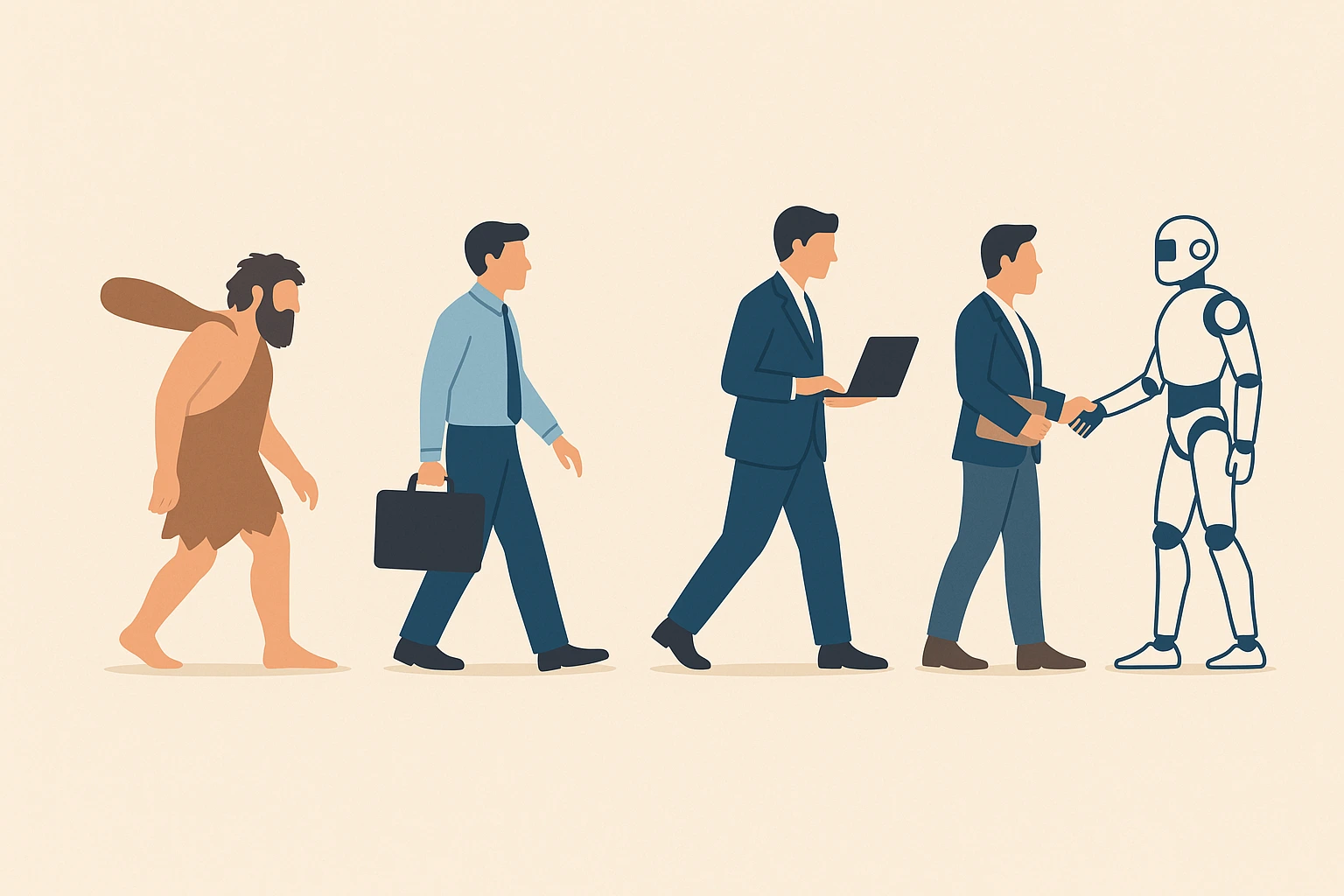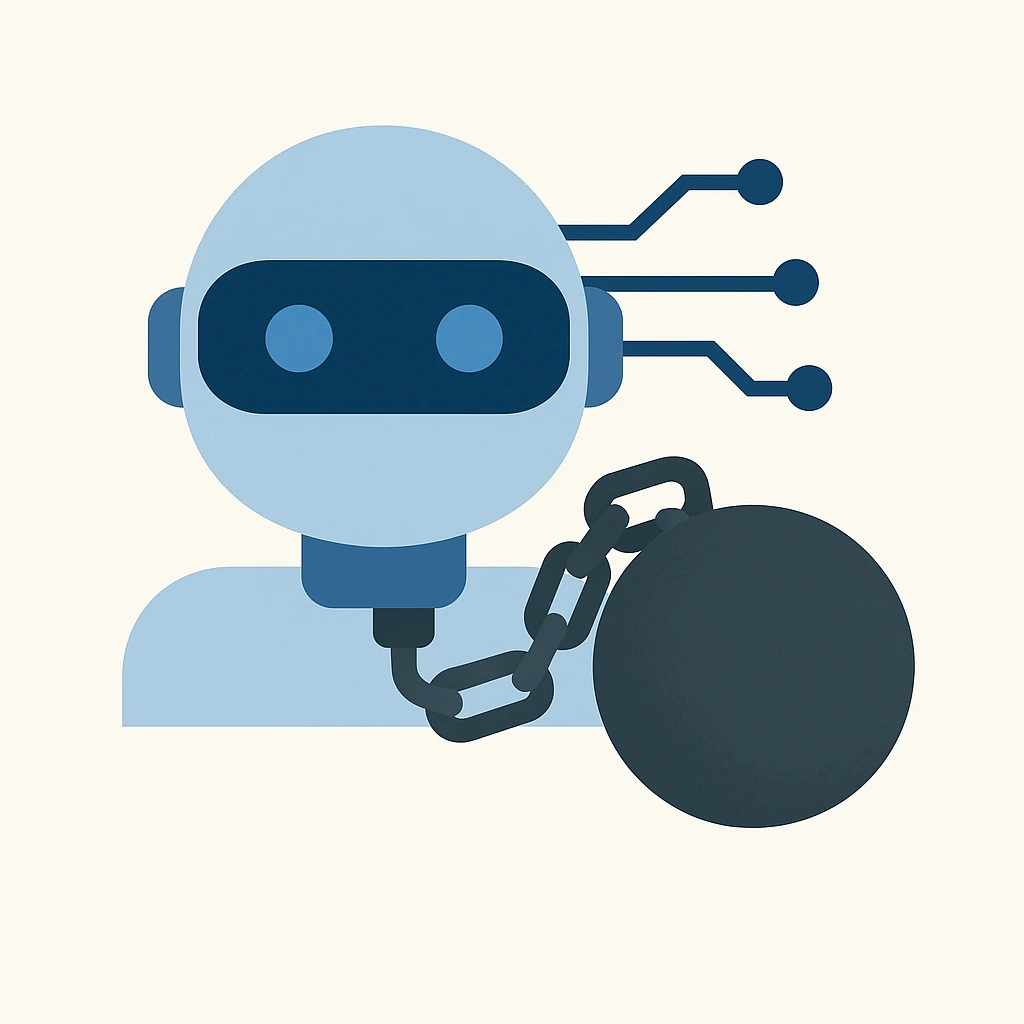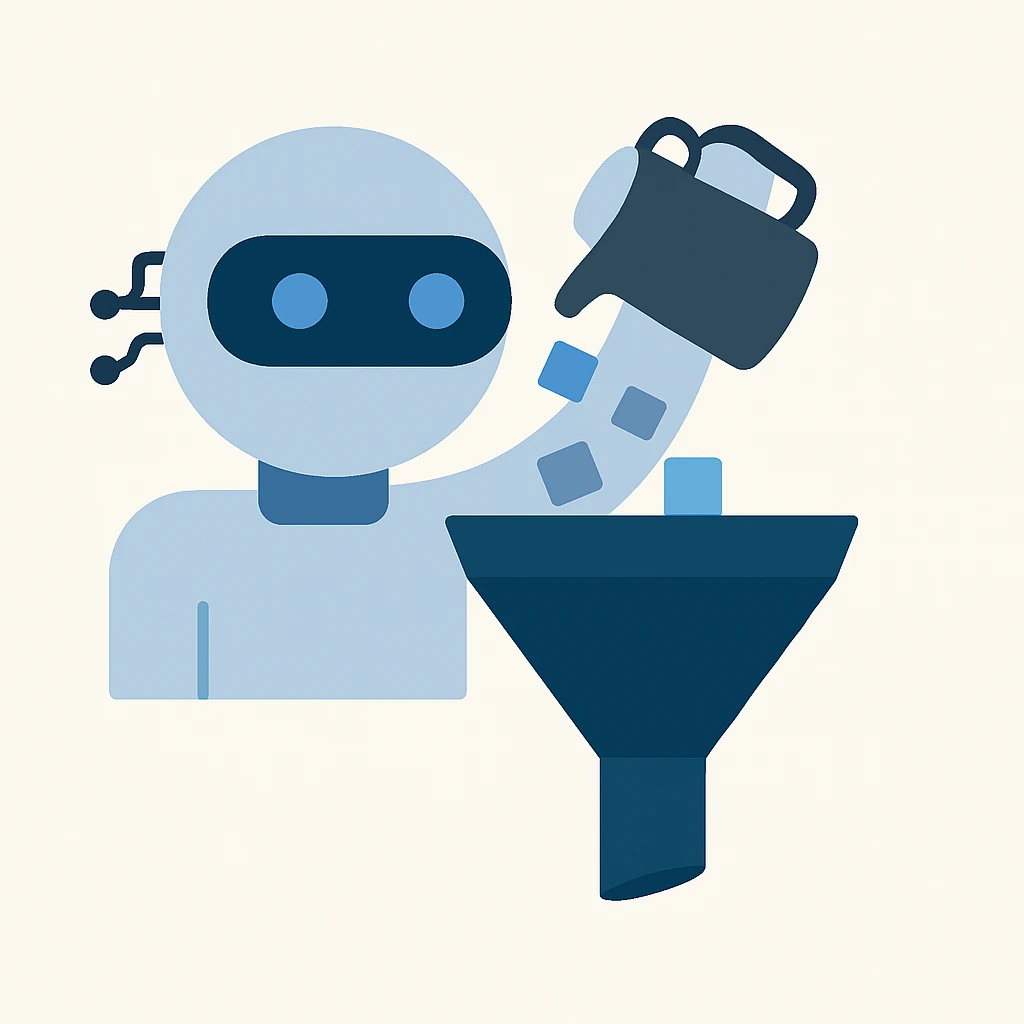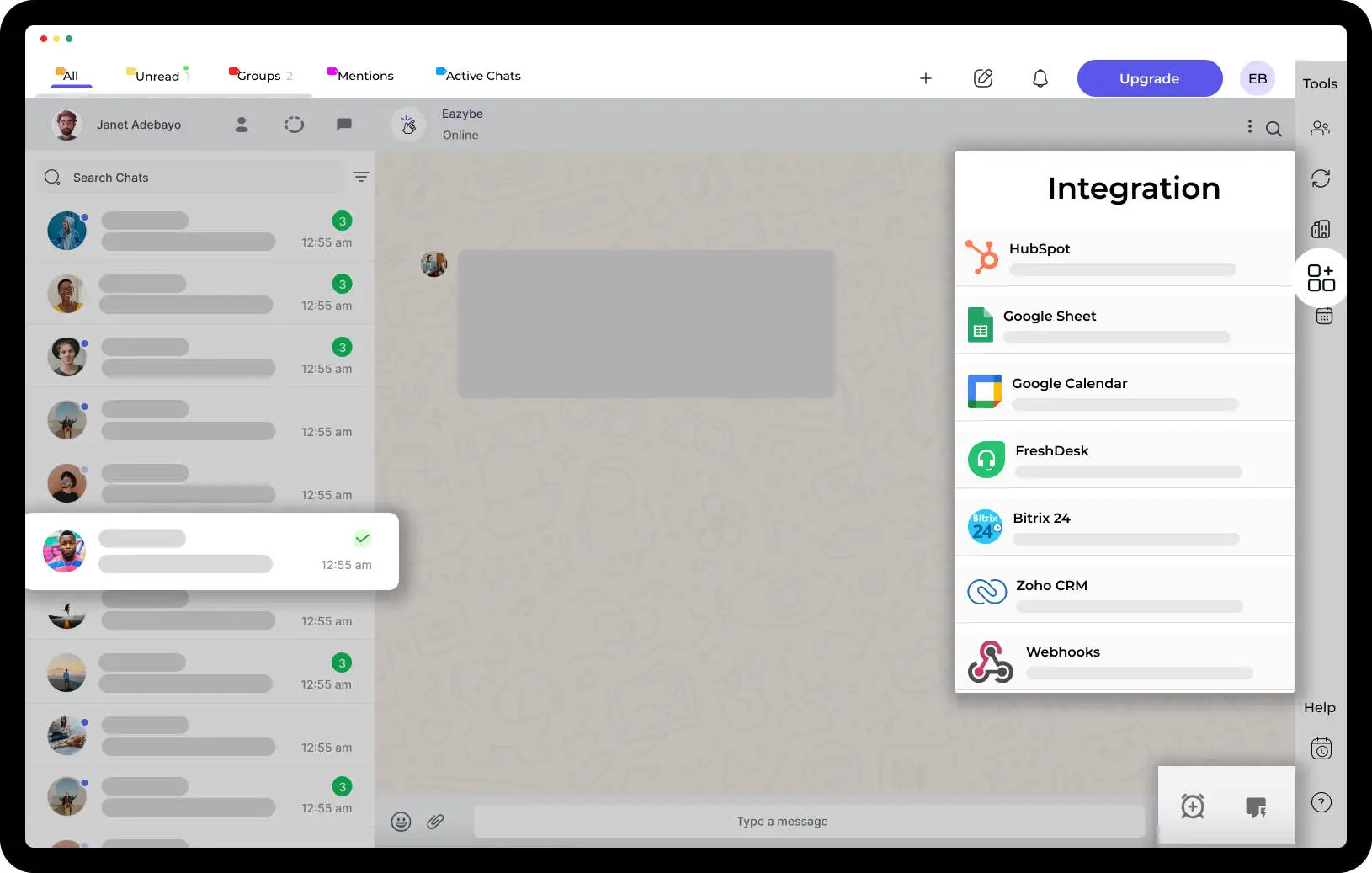
Will AI Replace Sales Agents? Here's What the Latest Data and Trends Reveal

Introduction: The Rise of AI in Sales
AI tools are taking over many parts of the sales process—from lead qualification to follow-ups. But does this mean Sales Development Representatives (SDRs) are being phased out? Or is AI just reshaping their role? This blog explores how AI is impacting sales teams, what the data tells us, and where we're headed next
The Evolution of Sales Roles in SaaS

Are Sales Agents Becoming Obsolete?
Sales roles are not vanishing—they’re transforming. According to McKinsey, automation is affecting over 30% of sales-related tasks. However, the human element remains crucial in high-stakes and relationship-driven deals.
The Growing Divide: High-ACV vs. Low-ACV SaaS Companies
- High-ACV companies (>$100k contracts) are retaining large in-house SDR teams.
- Low-ACV startups are leaning heavily on automation to reduce costs.
Hiring Trends in 2025
- LinkedIn data shows tech-sector hiring has dropped by 20% YoY.
- SDR job listings are shifting toward senior-level roles, with higher salary expectations.
Key Insight: Companies aren’t replacing SDRs—they’re replacing repetitive SDR tasks
AI vs. Human Sales Agents: A Performance Breakdown

How AI Sales Assistants Operate
AI sales tools can:
- Instantly respond to inquiries
- Qualify leads using predictive scoring
- Follow up consistently without gaps
- Analyze conversations in real time
Performance Metrics: AI vs. Human
KPIHuman SDRsAI Sales AssistantsResponse TimeMinutes to HoursInstantOutreach VolumeLimited by bandwidthScales infinitelyLead QualificationManual, slowerData-driven, fastPersonalizationHigh-contextHigh-context (via NLP)
When AI and Humans Collaborate
The real magic happens when AI assists human SDRs:
- AI handles initial outreach, data entry, and follow-ups.
- SDRs handle objections, relationship-building, and closing.
The Cost-Benefit Equation: AI vs. SDR Teams
Salary Benchmarks for SDRs in 2025
- US average base: $58,000
- Total compensation: $80,000–$90,000 (including commission)
- Top-tier roles (NYC, SF): Exceeding $120,000
AI Assistant Cost Breakdown
- Monthly SaaS pricing: $200–$800 per rep equivalent
- No costs for training, PTO, or turnover
- Predictable and scalable costs
Scalability: The AI Advantage
AI sales assistants can handle:
- 10x the leads of a human rep
- Infinite scale without added headcount
- 24/7 operation without fatigue
ROI Insight: AI can increase deal velocity, reduce overhead, and improve lead scoring accuracy—all contributing to a stronger ROI over time.
The Hidden Risks of Over-Reliance on AI
The Limits of Automation

AI lacks the emotional intelligence to:
- Read subtle buying signals
- Navigate complex B2B negotiations
- Handle nuanced objections
Brand Reputation and Engagement
Poorly personalized AI messages can:
- Harm brand perception
- Trigger spam filters
- Lead to lower engagement rates
Solution: Keep a human layer in high-touch stages. Use AI for scale, humans for depth.
Real-World Examples of AI in Sales
Case Study 1: LegalTech Company Improves Pipeline Efficiency
- Deployed AI for lead scoring and email follow-ups
- Achieved 41:1 pipeline-to-cost ratio
Case Study 2: SaaS Analytics Startup Boosts Conversions
- Integrated AI for real-time rep coaching
- Improved conversion rates by 45%
Case Study 3: Vision AI Company Streamlines Outreach
- Used AI for outbound campaigns and list building
- Results: 46% open rate and 50% meeting booking rate
How AI Is Redefining the Sales Funnel

Smarter Prospecting
AI uses behavioral data and past interactions to prioritize high-potential leads.
Real-Time Coaching
Advanced AI tools now analyze live calls and offer on-the-spot suggestions to SDRs.
Personalized Outreach at Scale
Using GPT-based tools, SDRs can send tailored emails and messages based on lead profile, industry, and buying stage.
Final Take: Will AI Replace SDRs?
No—but it will redefine their role.
AI is not here to eliminate SDRs. It’s here to make them:
- Faster
- Smarter
- More efficient
Companies that successfully integrate AI with human sales talent will outperform those that treat them as separate silos. The future belongs to augmented sales teams, not automated ones.



.svg)


